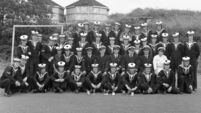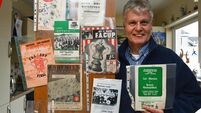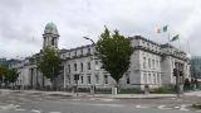Hanged... but he took 45 minutes to expire: Gruesome death of an innocent Cork Fenian
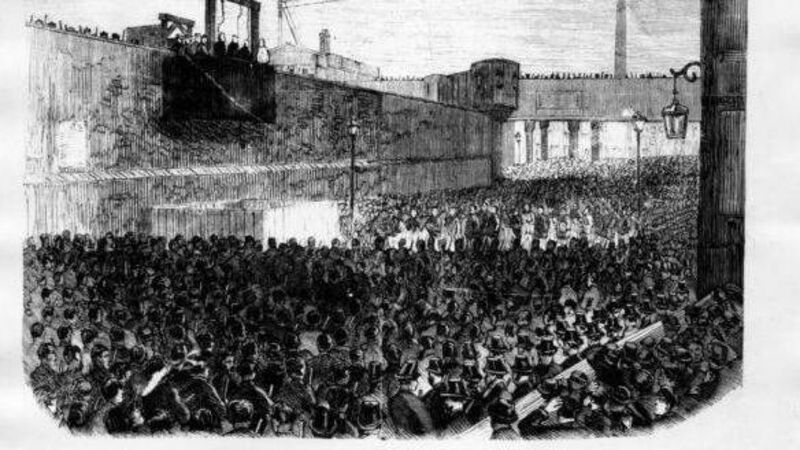
BOTCHED: The execution of Michael O'Brien in 1867
AS he stood on the scaffold before a crowd of 10,000 baying people, Corkman Michael O’Brien must have been thankful his ordeal was nearly at an end.
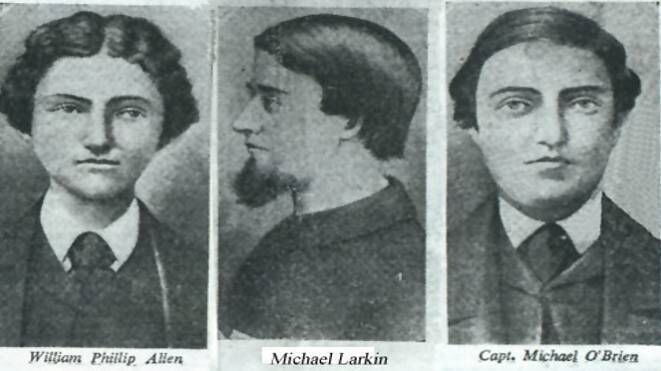
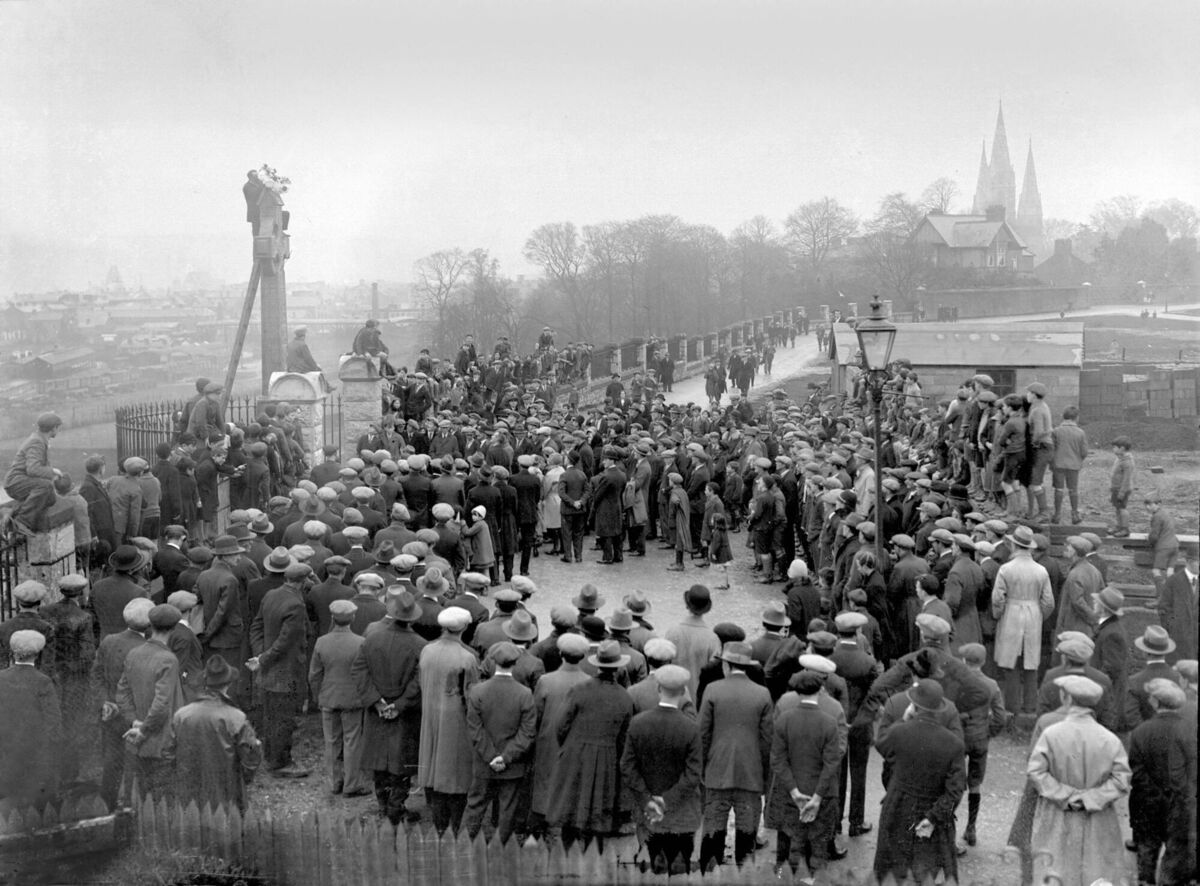
Star of The Crown had Irish ancestor who escaped the noose in Manchester
SHE is best known for playing Queen Elizabeth II in TV hit The Crown - but British actress Claire Foy last year discovered her ancestor narrowly escaped being executed alongside the Manchester Martyrs.
Her great-great-great-grandfather, John Henry Martin, and his brother William were among dozens of Irish people arrested in wake of the killing of the policeman in 1867.

However, Foy found out in the BBC show Who Do You Think You Are? that the brothers were cleared of involvement after friends and family vouched for them in court.
Even though neither was accused of firing the fatal shot, both were charged with ‘joint enterprise murder’ - namely that they were amongst the crowd that carried out the killing.
However, John’s wife Eliza gave William an alibi, saying he had been at her home, while witnesses testified John had been at work. The brothers were discharged.
Foy visited the scene of the killing in Hyde Road, Manchester, for the TV show, and said: “It must have been terrifying for my great-great-great-grandfather, who was saved by his community and his wife, who ultimately stopped him from being sentenced to death.”
